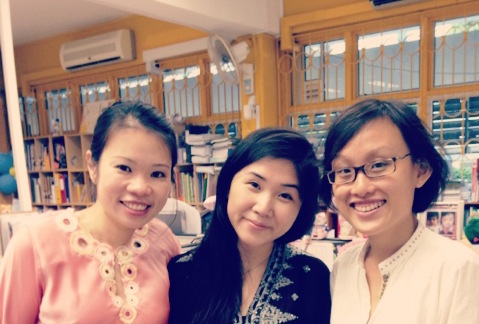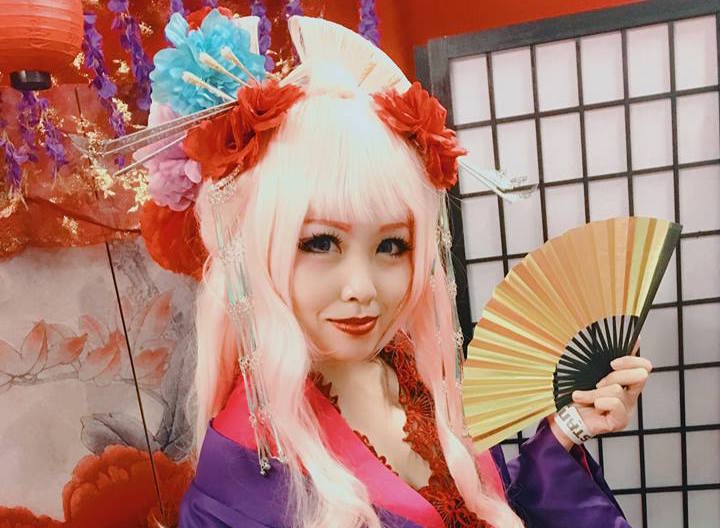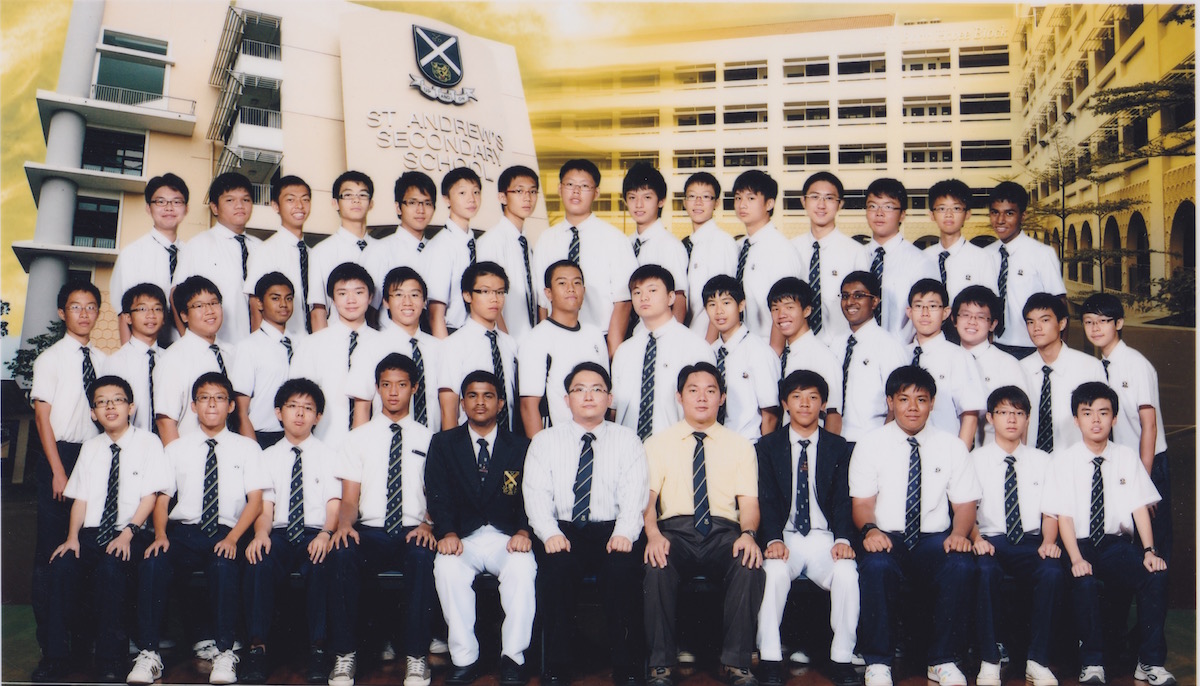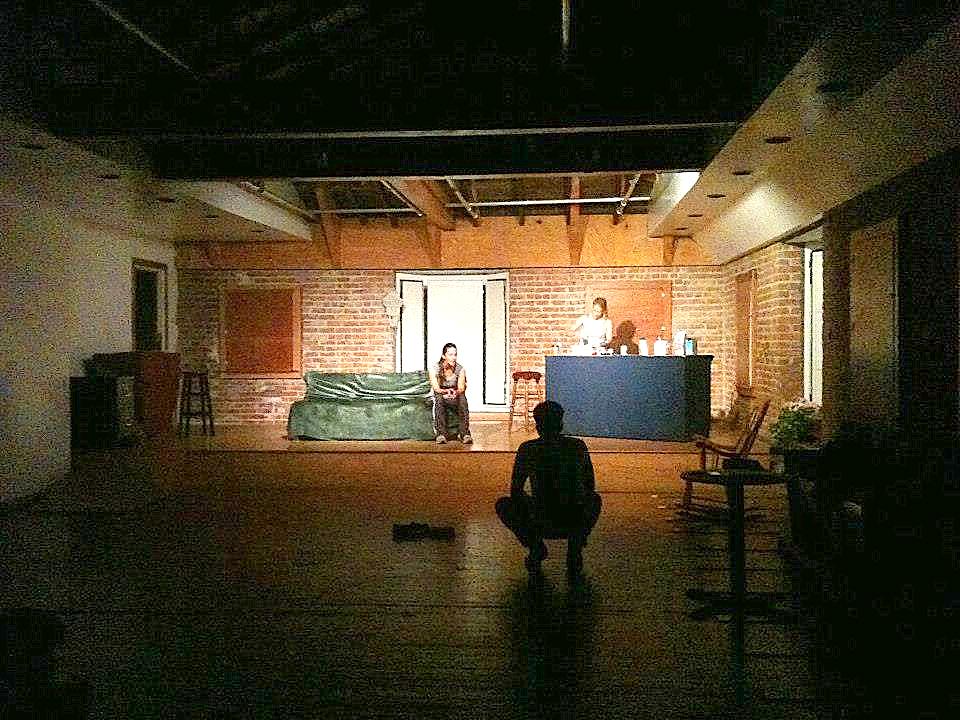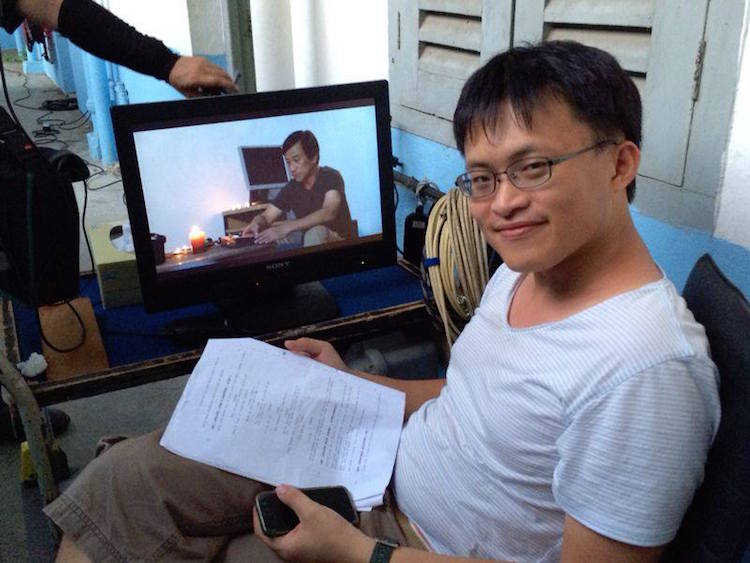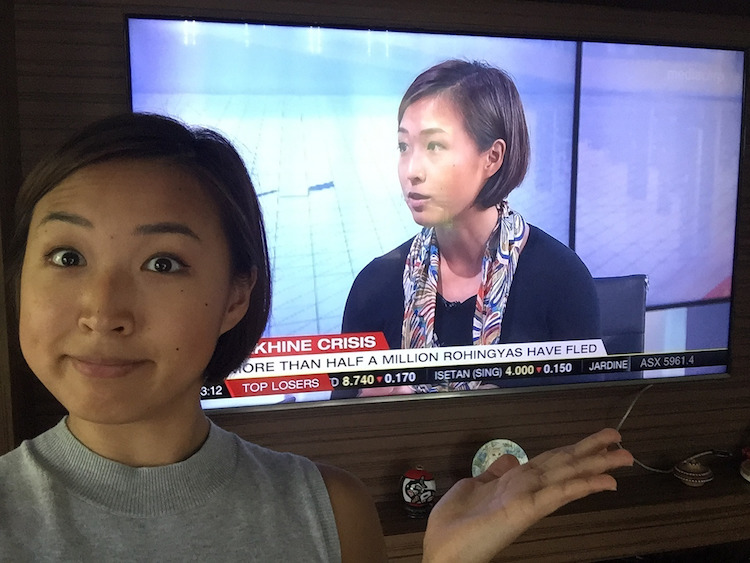Brought to you by:

At age 18, Petrina Ng embarked on a career as a primary school teacher and over the years, rose through the ranks to become head of an English department. After 14 years of teaching, however, at the age of 34, she decided to leave all that behind to focus on a career as a wedding photographer instead. We asked the now 37-year-old how she did it and how her choice played out in the three years that followed.
“I did not think about succeeding, but I was determined not to fail.”Q: Hi Petrina! Nice to have you with us! To start, can you tell us a little bit about yourself as a teacher? Why did you want to become one and what subjects and CCAs [Co-Curricular Activities] did you teach when you were one?
A: I was inspired by my own teacher from Primary 6 to want to be one and to have the opportunity to change someone else’s life like she did mine. I loved interacting with children and loved sharing life stories with them. Watching them grow in so many ways, big and small, brought joy every working day. As a Primary School teacher, I had to teach most subjects, except Mother Tongue. Over the years, I’ve been in charge of many CCAs as well, from Art Club to Tennis.

Why then did you suddenly decide to change the trajectory of your career to become a wedding photographer instead? Was there something or someone that inspired you to do so?
There were many push and pull factors. I had always loved photography and my boyfriend had been shooting weddings for a while (will explain more in the next point). But a major push factor was the lack of time. It was getting way too busy in school and I was doing everything but teaching. I spent less time in the classroom than I was doing other things, while getting 4 hours of sleep a day. I hung on for a long time but one single incident made the decision for me…
One day, my mother came into my room and showed me something on her hand and she wanted to borrow my hand cream. I held her hand and it suddenly struck me how wrinkled her hand was and how old she had become. During the time I had been so busy, time had passed so quickly and I had not spent enough time with her. There and then, I decided I would quit and make time to take her overseas whenever I could.
So how did you get started as a wedding photographer? From where did you learn the skills needed for professional photography and what other things did you have to do to get yourself set up as a wedding photographer?
A good friend was getting married and asked me to snap some photos for her (as a second photographer) and create a montage for her dinner banquet. I went and enjoyed myself completely! Everyone was so happy during the wedding and the day went by so quickly. I was on a high. I decided to try going for more weddings just for fun. I borrowed my boyfriend’s camera and lenses, made him teach me how to use them, and went out to look for weddings to shoot. I approached friends and colleagues. I even went online to look for brides-to-be to offer my services as a second photographer for free. I did not really think of it as a career at that point but I was really enjoying myself. After every shoot, my boyfriend would look through my photos and critique them so I learnt as I went along. Those, of course, formed my portfolio when I was ready to go full-time.
Did you think you would succeed as a wedding photographer or did you have no idea what to expect?
I did not think about succeeding, but I was determined not to fail. A lot of people think that I took the leap because I didn’t have bills to pay since I wasn’t married and didn’t have kids. But I am singly responsible for the 5-room HDB flat my family lives in and making payments and paying bills isn’t a walk in the park. But I’m lucky to have my boyfriend and I quickly made many friends in the industry who were happy to share with me tips on what I could do. All that helped better prepare me.
How long did it take you to get your first ten customers? Did you learn anything important along the way? If so, what?
It took a few months to get the first ten. But we were really happy that we got our first 2-3 in the first month alone. We’re really blessed. I definitely learnt how to read couples faster and present relevant information to them properly as I went along. One very important thing I had learnt was how to say no nicely.

Did having been a teacher before help in any way when you were trying to get customers and build your business?
Definitely! In the years I’d been a teacher, I learnt to be really patient, good at explaining things, staying calm in emergencies and dealing with more challenging people. All those really helped me deal with clients and guests during actual day weddings. I also multi-task pretty well, replying most emails within 24 hours. Many clients give feedback about how they like our speedy replies and how much it makes them feel like they can trust us for their day.
Have you gotten to the point where you’re earning, annually, the same as what you used to as a teacher or more? If so, how long did it take to get to that point? If not, have you at any point in time felt the teeniest tinge of regret?
I do currently earn what I used to and it didn’t really take me long. I don’t regret anything but I do miss my colleagues and students a lot.
What about satisfaction levels? Which job gives you more satisfaction? Why?
It’s a different sense of satisfaction and I feel good in both. When I was teaching, when the children surprised me with their little acts, or even how they remembered something I’d taught previously, made me really happy. Now, when I know that couples are happy with my service and work, when they thank me at the end of the day, when they use one of the photos I took as their profile picture, that makes my day.
What was your routine like when you were a teacher?
Wake up at 4.30am—mark and eat—get to school—prepare—rush around like mad—dismiss the kids—rush around like mad—get home—eat—mark—sleep after midnight—repeat.
Yes, there were times when I only ate a proper meal once a day.

What is your routine like now that you’re a wedding photographer?
On non-working days, I would wake at about 8am, answer all enquiries, messages and tend to all the social media platforms. I try to spend lunchtime with my parents, after which I will begin editing. On some weekday evenings, I’ll head out to meet clients. Now that we have a studio, I’m sometimes there during the day as well.
How have your weekends changed from before?
Drastically! I used to sleep 18 hours each on weekends but now weekends are work days for me.
What advice do you have for people hoping to switch to entirely different careers in their 30s?
Do your homework and know what you’re in for. Make sure you have enough to last you for a year or two at least if things don’t turn out so well at the beginning. There’s no point switching if you intend to go back after the first few challenging months. If you’re able to spare a little time working at your new job during the weekends before you quit your full-time job, that’s the best.
What key things/people/situations enabled you to switch careers in your 30s, in your opinion?
I simply couldn’t have done this without family support. Even though I’m paying for the flat, my parents and siblings didn’t even flinch when I told them my plans. My siblings also offered to help if I needed it and that gave me the courage to switch.
Having a reliable and trusted mentor (my boyfriend) helped a lot as well. As someone who was somewhat in the industry, I learnt faster and I felt more sure of myself because of what he shares with me and the support. Him being my business partner helps as well because I did not have to make all the difficult decisions alone.

How did becoming a wedding photographer and having your own business change you as a person? Or did it not change you? Did you learn anything through becoming so that you didn’t know before?
I don’t think it has changed me much actually but I’ve learnt that I can be very shrewd and passive-aggressive when I want to be.
If you could go back and replay your entire career all over again, what would you do differently?
I’m not sure I would have done anything differently. My boyfriend and friends have commented that I should have always run businesses and I should have started out earlier. But I felt that if I had not taught, I wouldn’t have the wealth of skills that allow me to handle the pressure of running a business. I think every step we have taken in the past leads us to where we are today and I’m grateful for the person I am today.
What were you like as a child? What about as a teenager and young adult? How did you change at every decade? Or did you not change?
I was an independent child and teenager. I made a lot of decisions on my own with little consultation with my parents. I think I’m still a lot like that now but I’ve learnt to consult my loved ones out of respect. I’ve learnt to be more humble and accept constructive criticism better.
Which 3 objects/people in your life can you presently not live without and why?
My mother—she’s an inspiration to all 3 of us kids. We learnt how to be resilient and to work smart AND hard. My siblings—they are my pillar of support, all the way. My boyfriend and my best friend—as above. (I know that’s more than 3.)
Of all the objects you bought in the past year, which has been most useful? Why?
My Nikon Z6 which I recently acquired is a boon to have. My previous DSLRs were getting really slow and I was looking for an upgrade and the Nikon Z6 launched at the right time. I hope to get another one to replace my other camera soon.

Lastly, what’s the worst career advice you’ve been given, or have heard people giving? And what’s the best?
‘Just do it.’ is probably one of the worse ones. I think for younger people who are just starting out, that’s fine. It’s a time for them to explore and make switches to find what really suits them. But for someone like myself, I think it’s only responsible to plan ahead and reduce the chances of failing (if any at all) in order to still meet monthly commitments.
Petrina is presently busy with weddings, weddings and more weddings. You will be able to see her progress on her websites www.amerrymoment.com and www.thewhitespace.sg or chat with her using the comment box below.
The above interview is sponsored by:

Photographs courtesy and copyright of Petrina Ng. Interviewer: Sy
If you found this article useful:
